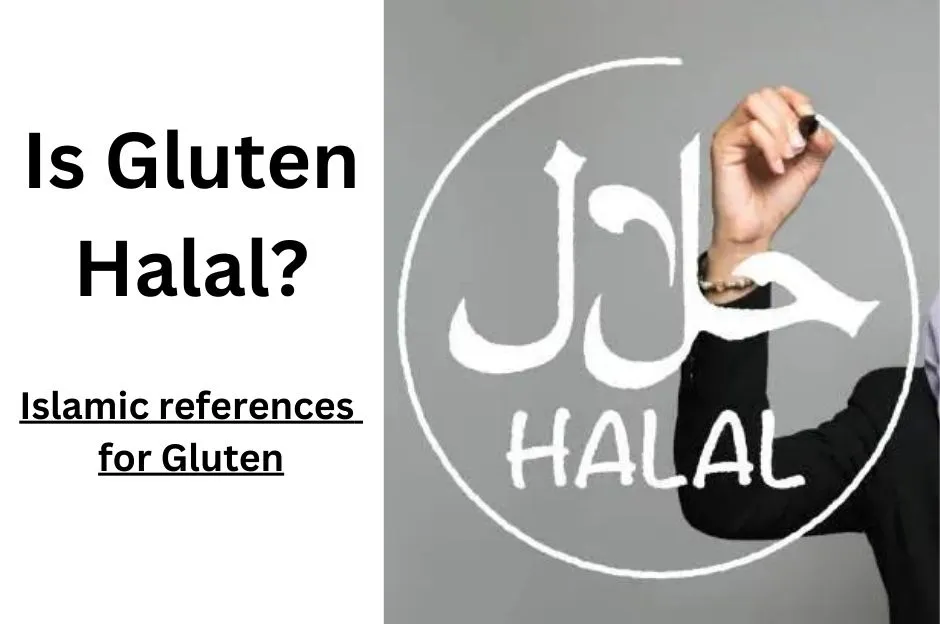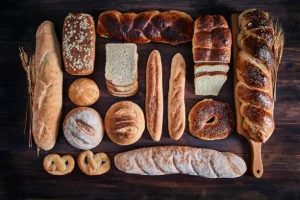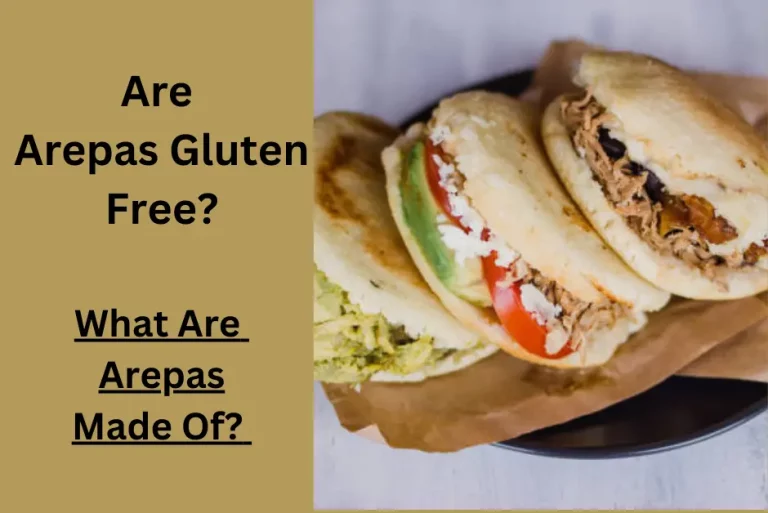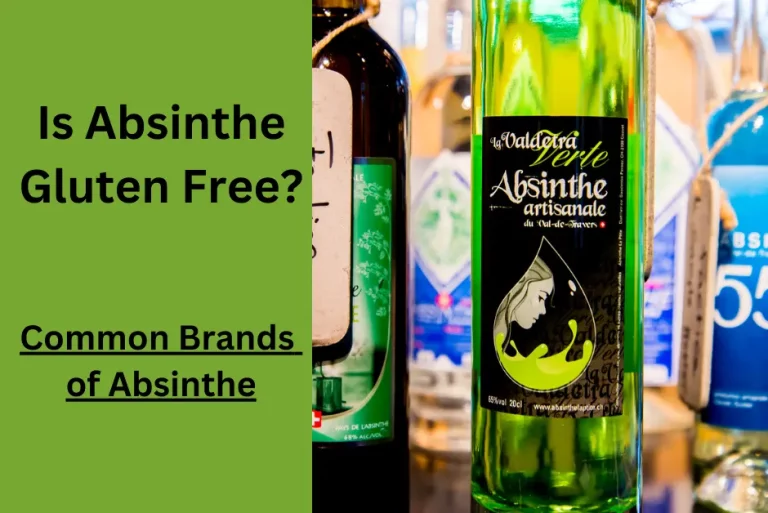Is Gluten Halal? (Islamic references for Gluten)
Is Gluten Halal?
Islamic scholars have different opinions on whether or not gluten is halal. Some scholars say Gluten is halal because Gluten is a type of protein found in most grain products including wheat, barley, rye and spelt. Another reason, it is permissible is that it does not contain any substances which are prohibited in Islam (such as pork).
On the other hand, some scholars argue that gluten may be considered haram as it contains a substance called gliadin which is a type of protein derived from wheat and can cause allergic reactions in some people.
Being a Celiac, If you have a question in your mind What Does Gluten-friendly Mean?
The issue of whether gluten is halal or not has been a subject of discussion amongst Islamic scholars for many years. The general consensus is that if the source product (e.g. wheat, barley, rye and spelt) is known to be halal, then the resulting products (such as flour or bread) should also be considered halal.
This is in line with the opinion of HALAL CONTROL (HC), a leading Islamic certification organization based in Europe, which states that,
“as long as all ingredients used are known to be Halal, without any doubt, then it can be said that gluten-containing products are Halal.”
In addition, various Islamic references provide evidence for the permissibility of gluten. For example,
“A hadith narrated by Umar ibn al-Khattab states that the Prophet Muhammad (peace be upon him) said: “Eat whatever is permissible (halal) and leave out what is not.” Moreover, the Qur’an states: “And do not eat of that on which Allah’s Name has been mentioned if you do not fear His punishment. Verily, the wrongdoers will have no helpers.” (Surah al-Anam; 6:118).”
These verses and hadiths indicate that it is permissible to consume gluten as long as its source (e.g. wheat, barley, rye and spelt) is known to be halal. As such, scholars generally agree that gluten is halal if it comes from a halal source.
What is gliadin? and is it halal?
Gliadin is a type of gluten found in wheat, and it is generally considered halal by many Islamic scholars. However, as with all other ingredients or additives used in food or beverage products, it is important to consult with a knowledgeable religious authority for the definitive answer. Additionally, it is important to check the label of any product (Read my Guide) for a detailed list of its ingredients in order to ensure that it follows halal guidelines.
Overall, gliadin is generally considered halal by many Islamic scholars but it is important to consult a religious authority for the definitive answer. Additionally, other ingredients or additives should be checked in order to make sure they follow halal guidelines.
scholars who believe in gluten and gliadin to be halal
Many Islamic scholars believe that gluten and gliadin are generally halal. Examples of such scholars include Mufti Ebrahim Desai, Imam Zaid Shakir, Shaykh Muhammad ibn Saalih al-Uthaymeen, and Shaykh Asim Yusuf. Additionally, it is important to consult a knowledgeable religious authority for the definitive answer.
Overall, gluten and gliadin are generally considered halal by many Islamic scholars but it is important to consult a religious authority for the definitive answer. Additionally, other ingredients or additives should be checked in order to make sure they follow halal guidelines.
What is Gluten?
Gluten is a type of protein found in most grain products including wheat, barley, rye and spelt. Although there are some exceptions (such as oats), most grains contain some level of gluten. Gluten provides structure to doughs which, when baked, gives bread and other products their shape and texture. It also helps to bind ingredients together, making them easier to work with.
Definition of Halal in Islam
The definition of halal according to Islamic law states that all foods are considered permissible unless explicitly prohibited by Allah (swt). This includes grains such as wheat and barley which contain gluten. Therefore, most Islamic scholars consider gluten to be halal unless it contains any substances which are expressly forbidden in the Quran or Sunnah.
Is Wheat Gluten Halal?
Yes, wheat gluten is generally considered to be halal in Islam. This is due to the fact that wheat itself (the source of gluten) is halal and the process used to extract the gluten from wheat does not involve any haram ingredients or processes.
Gluten Vs Gelatin: What’s The Difference?
Both gluten and gelatin are proteins found in various food products. However, they are derived from different sources; while gluten comes from grains such as wheat, barley, rye and spelt, gelatin comes from animal sources such as cows or pigs. This means that gelatin is not considered halal by many Islamic scholars.
Benefits of Eating Halal Gluten over Non-Halal Forms
There are a number of benefits to eating halal gluten over non-halal forms. Halal gluten is free from any prohibited substances which may not be permissible in Islam, such as pork and alcohol. Additionally, halal gluten has been found to have numerous health benefits such as aiding digestion, controlling blood sugar levels, promoting heart health, and helping with weight loss.
Conclusion
In conclusion, it is important for Muslims to ensure that their food products are halal according to Islamic law. While there is some debate amongst Islamic scholars about whether or not gluten is considered permissible in Islam, most agree that it is permissible as long as it does not contain any prohibited substances.
Additionally, there are a number of benefits to eating halal gluten over non-halal forms, making it an ideal choice for Muslims who wish to follow the dietary laws prescribed by Islamic law.











